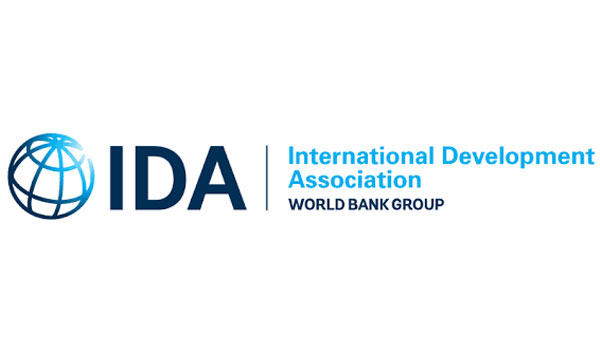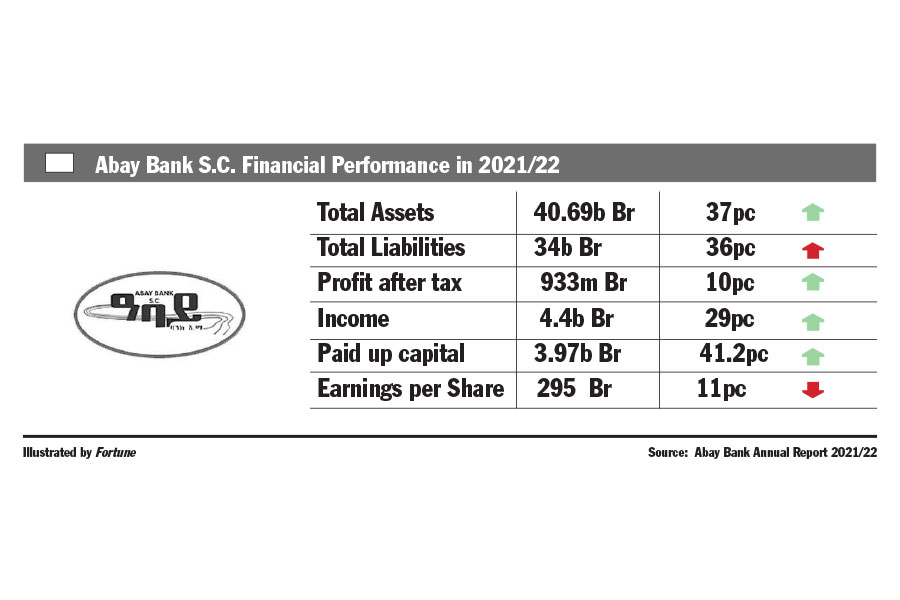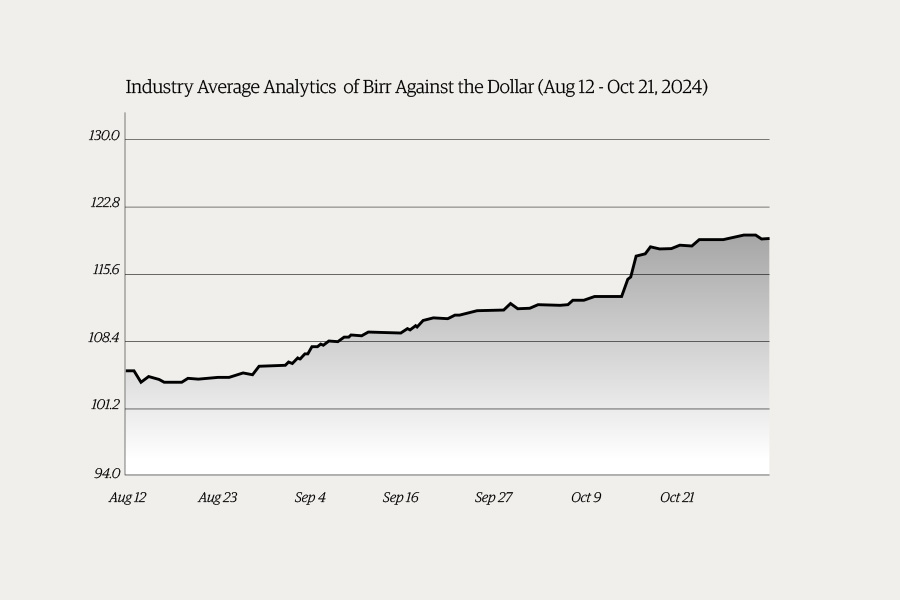
Fortune News | Nov 11,2023
Sep 17 , 2022
By Abdulmenan M. Hamza
Foreign bank entry enhances competition and encourages innovation but there is more to the story than meets the eye, writes Abdulmenan Mohemmed (abham2010@yahoo.co.uk), a financial statement analyst with two decades of experience.
Earlier this month, the Council of Ministers passed a bill that opens the banking industry to foreign competition – a landmark decision since the 1990s financial sector liberalisation. It is part of a larger economic reform package, started a few years ago under the rubric, Home Grown Reform Agenda. The decision has triggered heated debate.
This is not the first time Ethiopia opened its banking sector for foreign ownership. The first financial institution, Bank of Abyssinia, was owned by the Bank of Egypt on a fifty-year concession. The financial sector reform in 1963 allowed foreign ownership of banks so long as the ownership was below 50pc. This decision cleared the legal limbo in which Banco di Roma and Banco di Napoli were operating in Eritrea and encouraged them to open branches in Addis Ababa, among other places. Moreover, National and Grindlays Bank acquired a significant stake in the newly formed Addis Abeba Bank.
The socialist regime nationalised all banks and established a mono commercial bank system in 1975. At the onset of the overthrow of the socialist regime in the early 1990s, the EPRDF reformed the financial sector with the support of international financial institutions, allowing domestic private investment in banking but completely shutting the industry for foreign banks. The government reasoned that the National Bank of Ethiopia (NBE) did not have the capacity to regulate and supervise foreign banks - an argument later reinforced by the Asian financial crisis and some tenets of the developmental state model. It was fair enough for an infant banking industry and a central bank with little experience in regulating and supervising (the supervision department was established in 1996 with few staff) a market-based banking sector.
The much debated opening up has been finally decided. It appears that four forms of entry are under consideration: establishing a subsidiary, investing in the existing banks, a branch office, or a representative office. What is puzzling is that there is no clarity on the rules regarding significant share ownership, which is applicable to domestic private banks - a single shareholder and related parties cannot own more than five percent of the shares of a private bank.
The rationale for foreign bank entry is that it enhances competition, encourages innovation, and enables the mobilisation of more resources, both foreign and domestic. Additionally, it is essential for World Trade Organisation (WTO) accession. Granted these benefits, there are many issues which require addressing.
The belief that allowing foreign competition leads to a flood of foreign banks into the country is naïve. Foreign bank entry depends on several factors. The most potent motivator for them is the business opportunity. If this is combined with less efficient banking industry and less regulatory restrictions, foreign banks are encouraged to enter into the Ethiopian market as they believe that they can outperform the local banks. Moreover, foreign banks often come where there is economic integration with the host country. This means banks are attracted to countries where their host countries have strong ties through high foreign direct investment (FDI) and trade.
The other critical issues for foreign banks are both macroeconomic and political stability. In the past few years, Ethiopia has gone through a devastating civil war and political instability. Additionally, the economy has been hit by several economic woes, including high and persistent inflation and foreign exchange shortages. These factors cause significant uncertainties, which make foreign banks reluctant.
Keeping the political and economic uncertainties aside, most foreign banks are less keen on competing in the same line of business as domestic banks. They often target more prominent businesses, both foreign and domestic - a narrow niche market. So, we should not expect them to have a role in financial inclusion or compete in business areas they are unfamiliar with.
Foreign investment into the banking industry will also pose risks if rapid liberalisation is undertaken. For instance, if foreign bank entry is accompanied by rapid capital account liberalisation, it asks for trouble. The current economic and political uncertainties are ripe for speculative activities which encourage the outflow of hot money - the result could be financial havoc. The Asian Financial Crisis in the late 1990s is a good example.
There is also a serious concern with the regulatory and supervisory capacity of the central bank. Although it set out the rules for regulating domestic banks, neither it is capable of overseeing a foreign bank on a consolidated basis nor has information sharing arrangements with the central banks of other countries. An appropriate regulatory and supervisory infrastructure applicable to foreign banks should be given urgent attention.
Ethiopia must strike a balance between the benefits of foreign bank entry and the risks. Capacity building of the NBE should be undertaken in tandem with the entrance of foreign banks. Equally important is that the overall liberalisation process should be gradual. Macroeconomic stability and the development domestic capital market should precede capital account liberalisation.
PUBLISHED ON
Sep 17,2022 [ VOL
23 , NO
1168]


Fortune News | Nov 11,2023

Verbatim | Jun 24,2023

Fortune News | Jun 01,2019

Radar | Aug 27,2022

Viewpoints | Mar 01,2024

Fortune News | Mar 18,2023

Radar | Oct 11,2020

Money Market Watch | Nov 03,2024

Fortune News | Mar 23,2019

Featured | Mar 30,2019

My Opinion | 131770 Views | Aug 14,2021

My Opinion | 128154 Views | Aug 21,2021

My Opinion | 126099 Views | Sep 10,2021

My Opinion | 123721 Views | Aug 07,2021

Dec 22 , 2024 . By TIZITA SHEWAFERAW
Charged with transforming colossal state-owned enterprises into modern and competitiv...

Aug 18 , 2024 . By AKSAH ITALO
Although predictable Yonas Zerihun's job in the ride-hailing service is not immune to...

Jul 28 , 2024 . By TIZITA SHEWAFERAW
Unhabitual, perhaps too many, Samuel Gebreyohannes, 38, used to occasionally enjoy a couple of beers at breakfast. However, he recently swit...

Jul 13 , 2024 . By AKSAH ITALO
Investors who rely on tractors, trucks, and field vehicles for commuting, transporting commodities, and f...

Jul 5 , 2025
Six years ago, Ethiopia was the darling of international liberal commentators. A year...

Jun 28 , 2025
Meseret Damtie, the assertive auditor general, has never been shy about naming names...

Jun 21 , 2025
A well-worn adage says, “Budget is not destiny, but it is direction.” Examining t...

Jun 14 , 2025
Yet again, the Horn of Africa is bracing for trouble. A region already frayed by wars...

Jul 6 , 2025 . By BEZAWIT HULUAGER
The federal legislature gave Prime Minister Abiy Ahmed (PhD) what he wanted: a 1.9 tr...

Jul 6 , 2025 . By YITBAREK GETACHEW
In a city rising skyward at breakneck speed, a reckoning has arrived. Authorities in...

Jul 6 , 2025 . By NAHOM AYELE
A landmark directive from the Ministry of Finance signals a paradigm shift in the cou...

Jul 6 , 2025 . By NAHOM AYELE
Awash Bank has announced plans to establish a dedicated investment banking subsidiary...